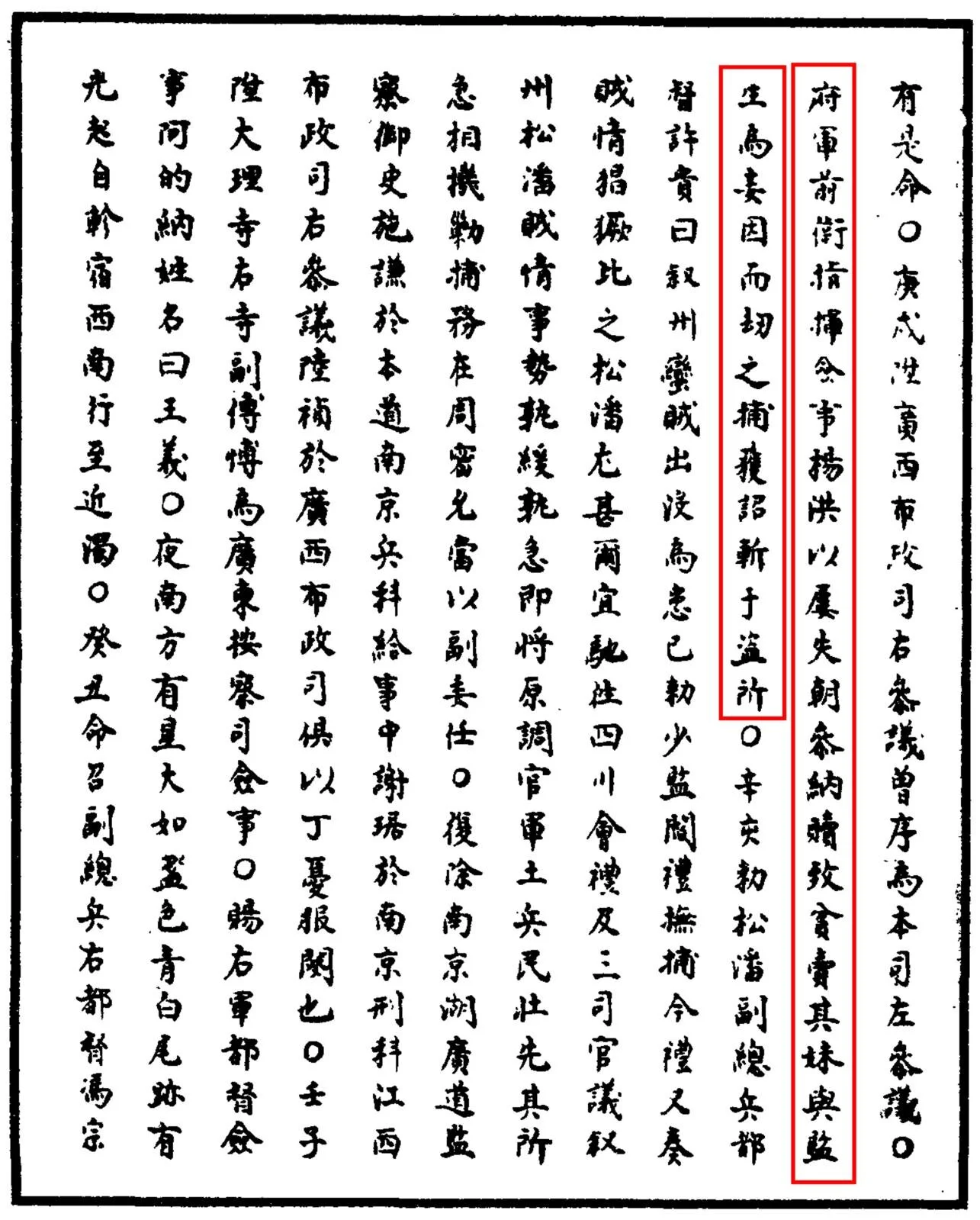Zao Chao - The Imperial Morning Audience
It was allegedly the first Ming emperor Zhu Yuanzhang who instated a daily morning audience of the most important government officials in the Imperial Palace. It was called Zao Chao (早朝), and more than a thousand people were supposed to attend the ceremony. The idea was to enable the emperor to oversee as many matters as possible, and at the same time enable the officials to renew their allegiance to the dynasty by prostrating themselves in front of the emperor. At the beginning of the gathering, the officials would simply kneel down and touch the ground with their forehead in front of the emperor. This kind of prostration is called “Kowtow” in English, and the word is still used today to simply mean complete submission to something.
The morning audience, however, proved very difficult to maintain in a meaningful way. The Ming dynasty Records are filled with descriptions of people getting punished for not attending. At times the number of participants would dwindle into the hundreds:
成化三年六月十九日1467
July 19, 1467
Many officials did not attend the morning audience with the emperor today, and an order has been given to find out which of them did not attend according to the name list. It turns out that 318 officials did not show up - the emperor has decided to forgive them, but as punishment each of them is required to transfer five hundred bricks to contribute to the ongoing palace repairs. ”
Often the punishment would be measured in a certain strenuous task that the offender had to do like moving bricks. This method was often used by the Ming government when public works had to be completed, but a serial offender could also land in more serious trouble for not attending the Zao Chao.
天顺六年三月十五日1462
April 14,1462, the sixth year of the reign of emperor Tianshun
A general, Yang Hong, was caught several times failing to attend the morning audience with the emperor. As punishment, he had to pay many fines. This made him so poor that he had to sell his sister to a student of the Imperial College as a concubine. Then, one day, he robbed this student, but was captured. The emperor ordered him to be beheaded at the scene of the crime.”
Even though the above examples seem to predominantly highlight the importance of the ritual to the emperor, Zao Chao was also an important symbol of the power and prestige of the officials. At the end of the Ming dynasty conflicts between large groups of officials and the emperor became so severe that the emperor Jiajing would actively nurture a shadow government of eunuchs. For years Jiajing would not attend the morning ritual, but the officials - desperate to hold on to what they had left of their powers - would still enter the palace and bow down in front of an empty throne.

